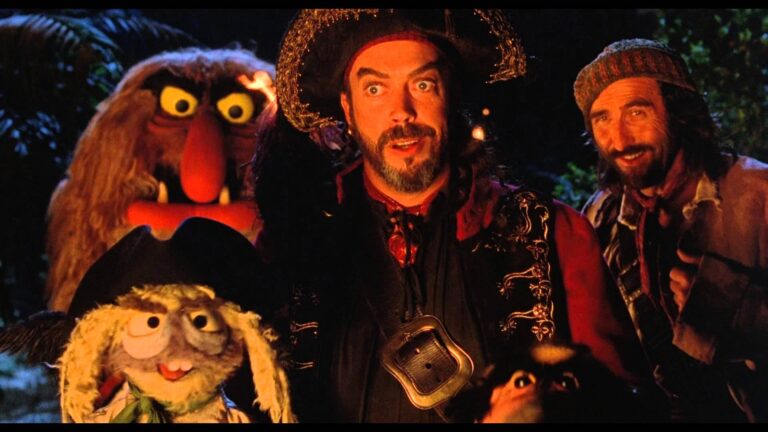We Were Always Here: on Memory, Erasure, and the Persistence of Queer History
All month long, we have journeyed through scroll and scripture, painting and poetry, ruin and reliquary, gathering voices, gestures, glances that once defied the world to say: we have always loved differently. These were not abstract symbols or distant metaphors. They were people: monks and mystics, lovers and poets, rulers and rebels, living lives shaped by desire, by ambiguity, by the refusal to be only what they were told they should be.
Too often, those lives have been softened into silence. Queer saints are called “devout companions.” Female lovers are dismissed as “close friends.” Trans figures are flattened into metaphors. Erotic mystics are scrubbed of their flesh and made palatable to tradition. We are told that queerness is a modern invention, that no one was like us then because no one said the words. But this is the paradox: you burn the evidence, then call us imaginary. You erase the love letters, then claim we never loved. You tear pages from the record, then point to the silence as proof we didn’t exist.
And still, here we are: in illuminated margins, in the fervour of a sonnet, in the brushstroke of a hand that lingers too long on another. Not every gaze is friendship. Not every kiss is innocent. Not every martyr is only holy. Sometimes, they are holy and queer.
To call these people “just friends” is not history. It is erasure dressed as restraint.
Queerness is not a historical anomaly. It is a rhythm in the human story: a set of lives, desires, identities, and rebellions that run alongside — and sometimes against — the canon. It is not a footnote. It is the footstep. And so, as Pride Month ends, this is not a closing: it is a charge. To remember that queer people are not seasonal, that our past does not only belong to June. That recovering queer history is not a performance, but a responsibility. Because if we don’t tell these stories, they will be told without us. And if we don’t remember them, they will be forgotten on purpose.
So we say it plainly: queer people existed. Queer people exist. Queer people will exist.
And we will keep digging through the ruins.
And we will keep naming what we find.






No Comments